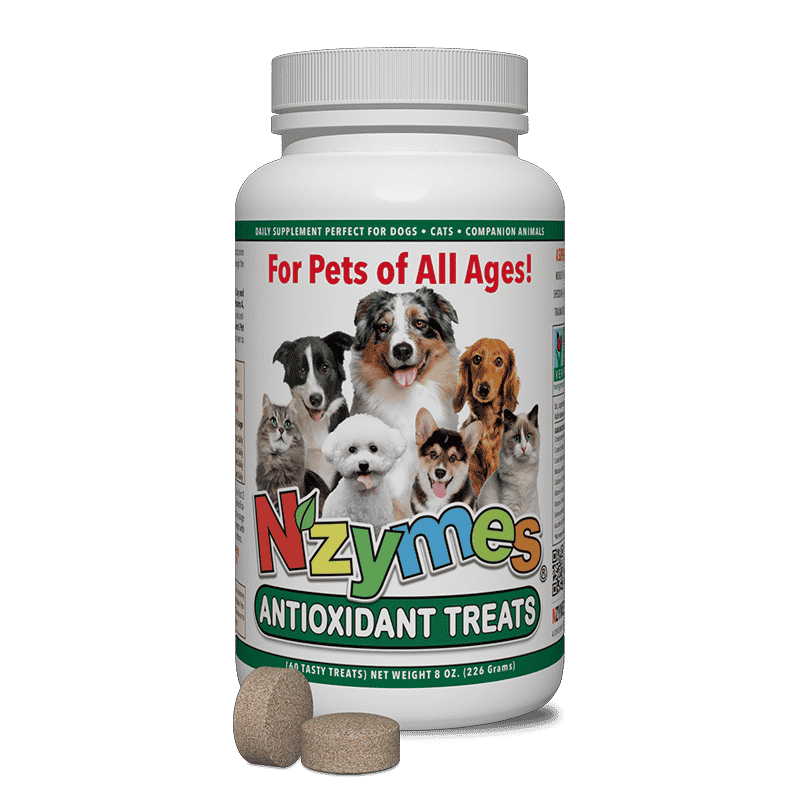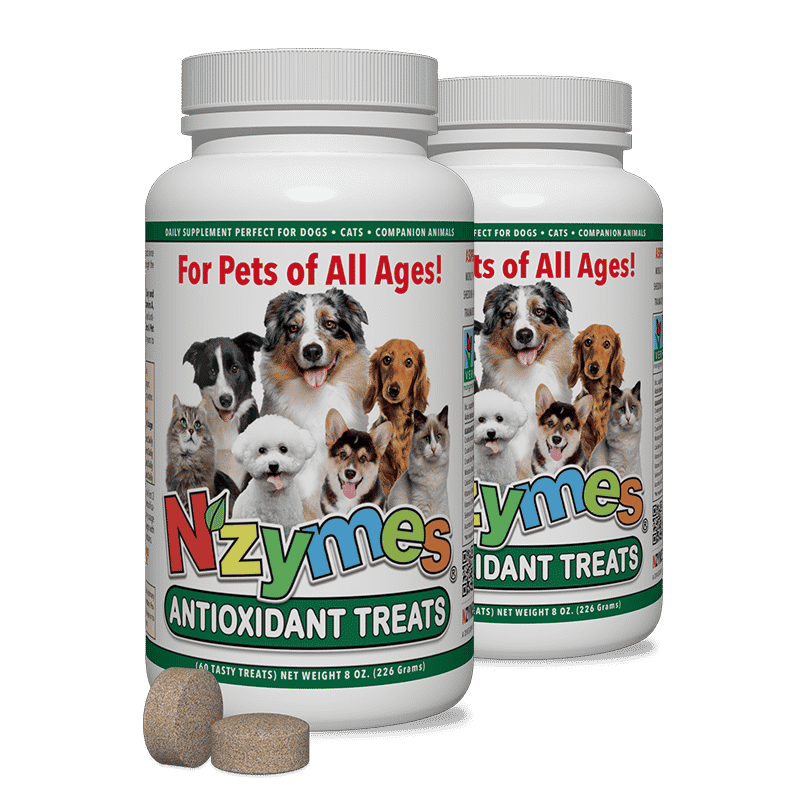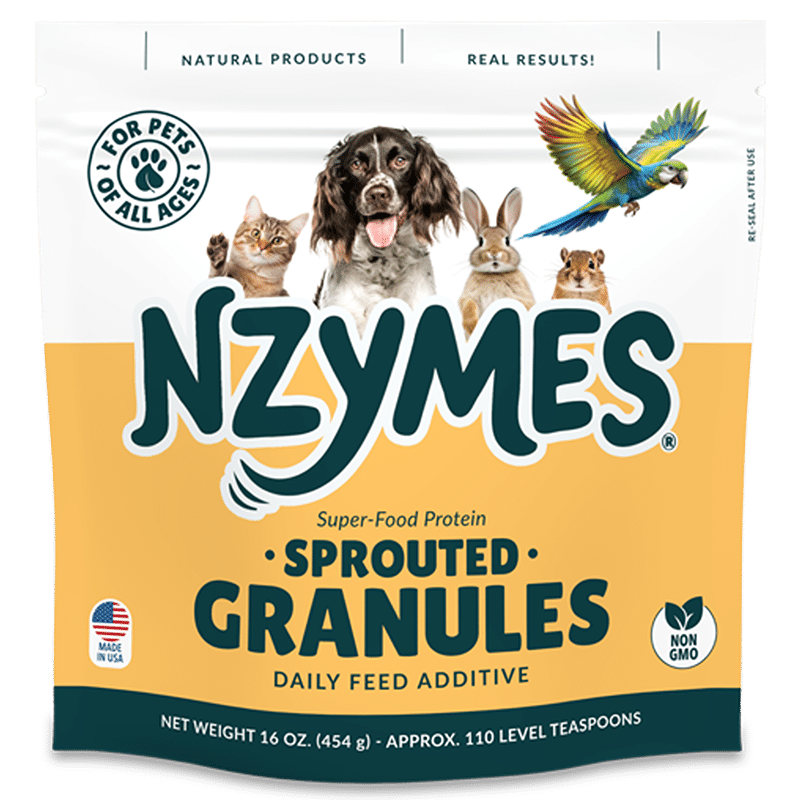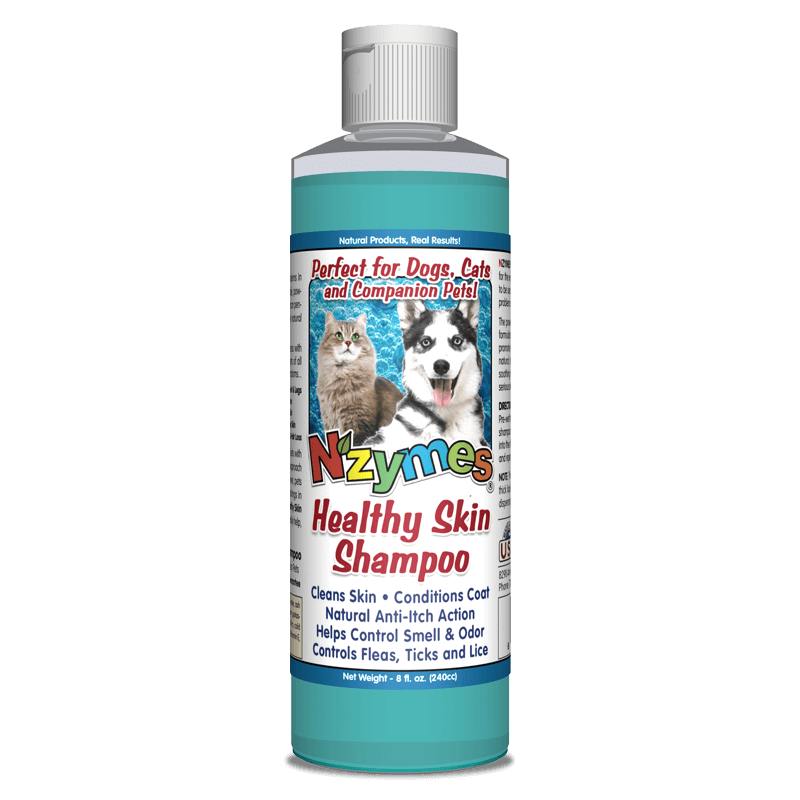An Important Q & A: Should I Vaccinate My Pet?

“Vaccines protect against contagious, potentially fatal diseases,” says Margaret Casal, DMV, Ph.D. (in an article posted by WebMD HERE).
I think we all get that.
But that is often times where the pet owner’s knowledge stops. We leave it up to our vets to know the rest. Because of this, I am going to address some of the common questions many pet owners have when it comes to vaccinating their cat or dog and offer some insight. The research I did on vaccinations contained both the medical and the homeopathic-nutritionist points of view. Please don’t be offended if I throw in my personal opinions now and then. This is all to expand what you should know about pet vaccinations.
To vaccinate or not to vaccinate?
The decision to vaccinate your pet SHOULD be based upon a thorough understanding of the benefits and the risks of the procedure. Vaccinations are important but not ALL vaccinations are necessary. Vaccines are not harmless either. Know what environments your pet will be exposed to and make each vaccination decision based upon that information. For instance, your dog cannot get Lyme disease in many areas of the country… so if you are not in an area that carries Lyme Disease, the vaccination for that is unnecessary.
NOTE: Since you are researching this subject, we feel you may find it very enlightening to review a very important reference from our Legacy Nzymes content files, found by CLICKING HERE.
Do I have to vaccinate my dog and/or cat annually?
No. According to an article in The Whole Dog Journal: In 2003, the American Animal Hospital Association (AAHA) revised its vaccination guidelines, recommending that vets vaccinate adult dogs only every three years – not annually. Yet many veterinarians still recommend yearly vaccine shots. Vaccinating your pet annually puts them at a higher risk for a vaccination reaction as well as immune deficiencies. Many states also have “vaccination laws” that require yearly vaccinations. My answer to that??? – I’ve never heard of someone getting arrested for not vaccinating their pet yearly.
What about the Booster shots? Does my pet need them?
Here is what I found in my research: “Booster vaccines” or annual re-administration of modified live virus vaccines like distemper and parvo virus do not provide added protection. In previously vaccinated adult animals the antibodies from previous vaccinations block the new vaccine. Antibody levels are not increased and memory cells are not increased. Personally, I have chosen to NOT go with the Boosters. But it is your choice, not your vets.
You say vaccines are not harmless. What harm can they cause?
There are several different vaccination reactions that a dog or cat may have. Some of these are mild and common and some are serious (sometimes fatal) and rare. Common reactions range from discomfort and/or swelling in the spot in which the vaccine was given to mild fever and loss of appetite. More serious reactions have a wider range of problems. Vaccination reactions like vomiting, diarrhea, respiratory problems, seizures, and bone pain are more common among the serious side-effects.
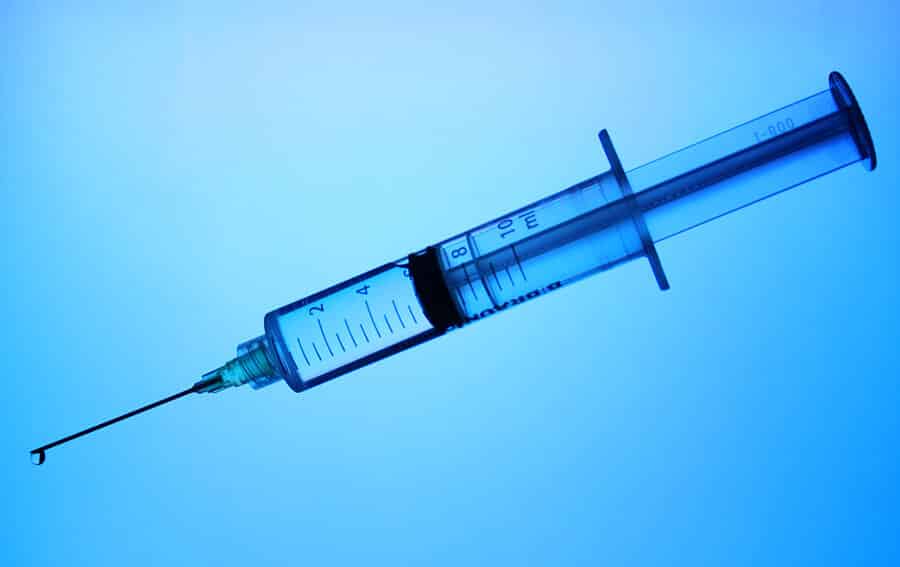
- There is also a very serious life-threatening allergic reaction that pets can have to vaccinations called Vaccine Mediated Autoimmune Response. This is when the immune system turns on itself and causes excessive bone overgrowth, usually in the legs or feet.
- Another serious vaccine reaction is Immune Mediated Hemolytic Anemia, a disease where the body rejects it’s own blood. Less than 50% of dogs with this problem live. IMHA has been shown to be associated with annual vaccinations.
- Injection Site Fibrosarcoma is a terminal type of cancer that can be developed from annual vaccinations. Not good.
The list can go on, but I will leave you to ponder this information when making your vaccination decisions. To read more about vaccinosis (vaccine reactions), click HERE.
My vet has a special “combo shot” vaccine that he recommends. Is this okay?
NO. This is what you call over vaccination. The “cocktail shots” or “combo shots” can and will seriously assault the immune system. This leads to an unhealthy pet with many more problems. In my opinion, these types of vaccinations should be outlawed. It is a horrible way to administer vaccines. Vaccinations should not all be given at the same time. The correct protocol for vaccines is to spread them out at least 3-4 weeks apart. The combo vaccination is a type of merciless practice that causes serious problems like the ones listed above. Any good vet would not recommend combo shots.
What guideline should I follow when vaccinating my pet?
Here is a good reference for Dogs: Canine Vaccination Guidelines
And another for Cats: Feline Vaccination Guidelines
I dislike doing annual vaccinations but my groomer requires the yearly vaccines…
Like any other business, your groomer is subject to local regulations and insurance constraints. Violations can prove costly to her. Most shops will only require current vaccinations on Rabies, Parvo, and Bordetella. Discuss with your groomer on your options.
I have an indoor cat that is never let out. Should I still vaccinate her?
Initial “core” vaccinations administered correctly can still help prevent problems. For my indoor cats (who are now 18 years old and very healthy), that is all the vaccinations I allowed. Go on your best judgment. It will depend on the risks she has of contracting the diseases.
What are core vs. non-core vaccines?
Core vaccines are universally recommended, meaning that they help fight the most common viruses. Non-core are the vaccines given only for at-risk pets of certain, less common viruses.
Are there alternatives to vaccinations for my pets?
Yes. Do your research deeply, however, if you plan to take an alternate route other than vaccinations. It takes more than the average pet owner to understand how to prevent your pet from diseases without using vaccinations.
In research performed by Purdue University on Vaccine Mediated Responses in Canines, it was found that it’s the carrier in vaccines that is the problem for most vaccination reactions. Therefore, it is critical to detoxify from these vaccine carrier toxins. Nzymes Antioxidant Treats or Nzymes Granules will both assist the detoxification process.

